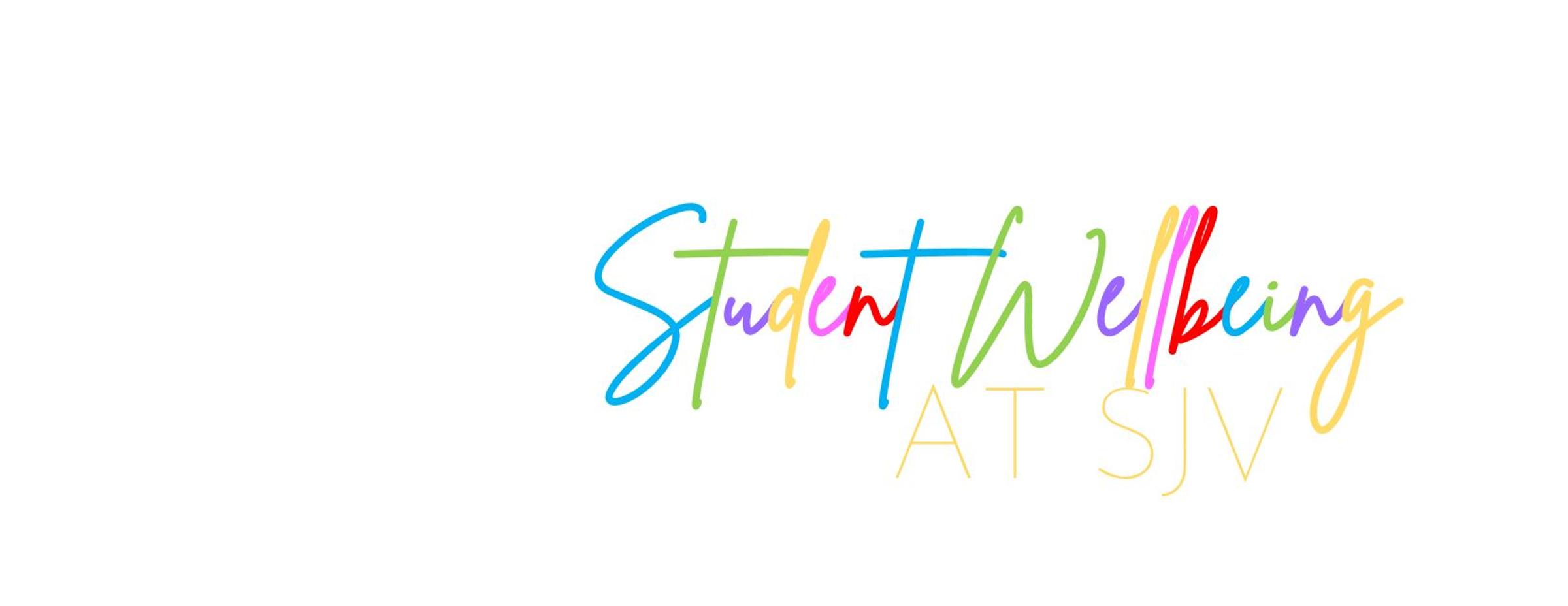STUDENT WELLBEING
How to Talk to About Reports With Your Children?

STUDENT WELLBEING
How to Talk to About Reports With Your Children?
As a parent or carer, we can spend a significant amount of time (over?!) thinking the best way to talk to our kids about their report cards. Whether you have one child in the early stages of formal schooling or siblings across multiple grades, report cards are a great way to start a conversation about their learning. So, what is the best way to talk about report cards?
Find a quiet time and place to sit one on one with your child to talk to them about their report card. Give them your undivided attention, without interruptions. Try to set aside enough time to have a relaxed discussion.
This can be challenging when you have more than one child to speak with, however, it is even more important if your kids tend to try and compare their own report with their siblings.


Most report cards provide a grade for effort as well as grades for academic achievement. An effort mark is by far one of the most important aspects of every child’s report! It is the aspect of their schooling that they have the most direct control over.
Combined with the teacher’s comment, effort marks help you to understand your child’s attitude towards learning.
Focusing on effort over achievement isn’t going to reduce your child’s motivation to work hard. Rewarding effort is especially important for kids who ‘struggle’ academically. If your child is focused on trying their best and feels that their efforts are seen and valued, they are going to be much more resilient learners. Resilient learners enjoy learning, continue to challenge themselves and are more comfortable making mistakes. These are extremely valuable life-long ‘soft-skills’.
Help your child understand that everyone is different. Everyone excels (and struggles) in different areas. Try to avoid comparisons between their report card and their siblings’ or classmates’ reports. Instead, focus on where they have tried their best, as well as the learning areas in which they achieved well or made a great improvement in.
Make it clear between siblings that comparison is pointless because they have each been graded on completely different outcomes!


There’s a huge amount of value in taking time to sit with your child, reflect upon their current report card and then set an individual learning goal for the next term or semester.
If child’s report identifies an area of challenge, whether academic or social, to improve in this area could become a learning goal. If your child absolutely adores a certain subject area, perhaps they would like to focus on improving their effort or achievement in that area.
You may like to compare your child’s current report card to their previous one, to help them see their progress. This is one type of report card comparison that is helpful! Identify any areas of continued struggle and discuss why your child may still be falling short of their goals. Praise improvements made and their areas of growth.
Out of your discussion, both you and your child may have identified areas that need some attention. Or you may have set a learning goal for the next term. With your child, decide on actionable steps they can take to address any concerns and/or progress towards their learning goal.
Such steps may include asking to meet with their teacher for suggestions of ways to meet challenges or setting a weekly goal for a little extra study or revision with your help.
(https://www.teachstarter.com/au/blog/how-to-talk-to-your-child-about-their-report-card/)
Deputy Principal
Wellbeing Leader